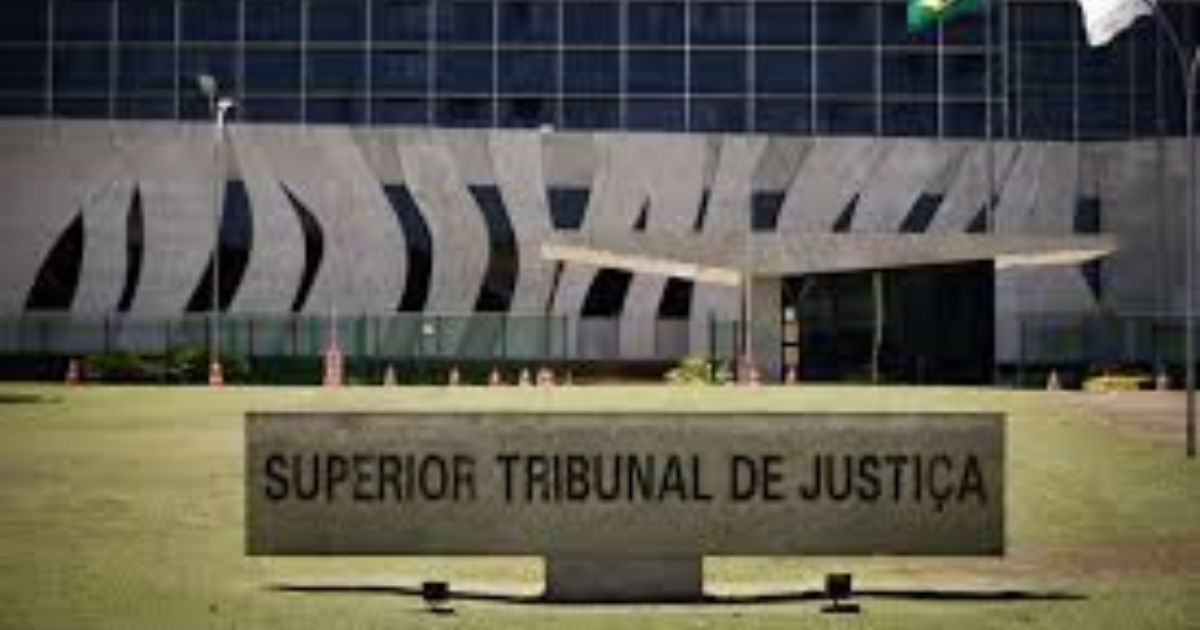Brazil’s Superior Court strengthens tools for tax collection, limiting taxpayers’ ability to invoke time-bar defenses
In a significant ruling, the Second Panel of Brazil’s Superior Court of Justice (STJ) confirmed that freezing a debtor’s assets is sufficient to interrupt the running of the statute of limitations (prescrição intercorrente) in tax enforcement cases — regardless of the method used to seize or restrict the assets.
The court also reaffirmed that postal service of process with acknowledgment of receipt (AR) is valid even if signed by a third party, provided delivery occurred at the taxpayer’s registered address.
The Case: Contesting Execution Due to Lapsed Time and Improper Service
In the case at hand, a taxpayer challenged the validity of a tax enforcement action (execução fiscal) on two grounds:
- ⚖️ That the statute of limitations had expired, as the mere freezing of assets was not enough to interrupt the period;
- 📬 That the service of process was invalid, since the notice was received and signed for by someone other than the taxpayer.
The STJ rejected both arguments and ruled that:
✅ Any form of asset identification or seizure, including freezing via the Sisbajud system (Brazil’s centralized electronic asset search and blocking platform), interrupts the prescriptive period;
✅ Postal service of process is valid as long as delivery is made to the debtor’s official address, even if a third party signs the delivery acknowledgment.
What This Means for Taxpayers: Prescription Is Not Easily Triggered
The decision reinforces the legal power of Brazil’s tax authorities (Fazenda Pública) in judicial collections and limits taxpayers’ ability to claim that debts have become time-barred due to inaction.
Key practical effects:
- 🔒 Asset freezing, even without formal attachment or auction, interrupts prescription;
- 🕒 Taxpayers can only invoke prescrição intercorrente if the government fails to take any action to locate or seize assets;
- 📑 Diligent monitoring of enforcement actions is essential, as routine steps by the tax authority may restart limitation periods.
Clarification on Service of Process
The STJ also confirmed that personal service on the debtor is not required in tax enforcement proceedings. As long as the AR receipt shows delivery at the correct address, service is valid — even if signed by someone other than the debtor.
This interpretation promotes procedural efficiency and helps prevent delays caused by unnecessary technical objections.
Final Takeaway: Stronger Tax Collection, Stricter Rules for Defenses
The STJ’s ruling strengthens the position of tax authorities and underscores the importance of timely and proactive legal strategies for taxpayers. It confirms that asset identification or restriction is sufficient to preserve collection rights, and that strict formalities are not needed for valid notice.
Taxpayers involved in ongoing tax enforcement proceedings should seek professional guidance to assess the impact of administrative actions on prescription timelines and to identify possible defenses where applicable.

